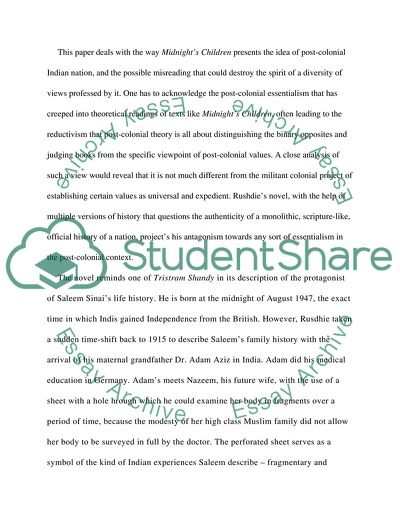Cite this document
(Moving Beyond Binaries Book Report/Review Example | Topics and Well Written Essays - 3000 words, n.d.)
Moving Beyond Binaries Book Report/Review Example | Topics and Well Written Essays - 3000 words. Retrieved from https://studentshare.org/literature/1736001-post-colonialism-needs-proper-title
Moving Beyond Binaries Book Report/Review Example | Topics and Well Written Essays - 3000 words. Retrieved from https://studentshare.org/literature/1736001-post-colonialism-needs-proper-title
(Moving Beyond Binaries Book Report/Review Example | Topics and Well Written Essays - 3000 Words)
Moving Beyond Binaries Book Report/Review Example | Topics and Well Written Essays - 3000 Words. https://studentshare.org/literature/1736001-post-colonialism-needs-proper-title.
Moving Beyond Binaries Book Report/Review Example | Topics and Well Written Essays - 3000 Words. https://studentshare.org/literature/1736001-post-colonialism-needs-proper-title.
“Moving Beyond Binaries Book Report/Review Example | Topics and Well Written Essays - 3000 Words”, n.d. https://studentshare.org/literature/1736001-post-colonialism-needs-proper-title.


